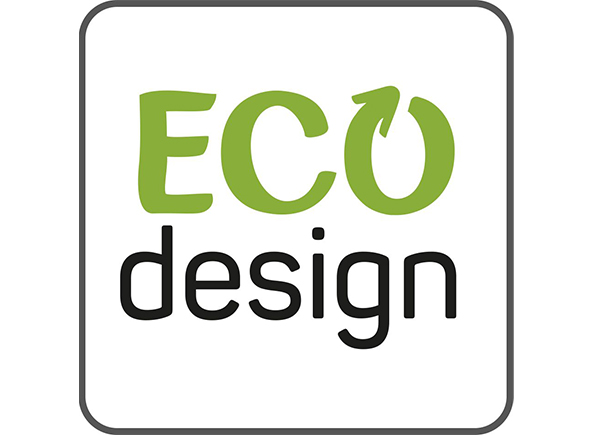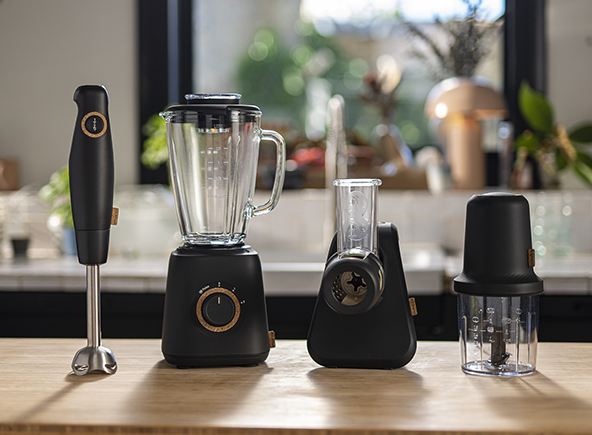 Committed to minimizing the environmental impact of its products throughout their life cycle, Groupe SEB has created its “ECOdesign” label, enabling consumers to quickly identify the most high-performance products in terms of eco-design. The label has been certified by an independent third party with ISO14020 and ISO14021 standards. A packaging charter has also been created to identify products that meet the eco-design criteria within Groupe SEB brands. To be included among the most eco-friendly products, the company’s appliances must comply to five eco-design criteria: materials with a lower environmental impact, more energy efficiency, products designed to last and be repaired, increasingly recyclable products, packaging with a lower environmental impact.
Committed to minimizing the environmental impact of its products throughout their life cycle, Groupe SEB has created its “ECOdesign” label, enabling consumers to quickly identify the most high-performance products in terms of eco-design. The label has been certified by an independent third party with ISO14020 and ISO14021 standards. A packaging charter has also been created to identify products that meet the eco-design criteria within Groupe SEB brands. To be included among the most eco-friendly products, the company’s appliances must comply to five eco-design criteria: materials with a lower environmental impact, more energy efficiency, products designed to last and be repaired, increasingly recyclable products, packaging with a lower environmental impact.
«The creation of this label embodies Groupe SEB’s long-standing commitment to eco-design said Diane Folletet, Sustainable Innovation Product Director at Groupe SEB -. With this certified label, we inform consumers about products with a lower environmental impact, without any loss in their performance or the services provided in everyday life. The ECOdesign label allows us to cover the entire product spectrum of the Group’s brands, from small domestic appliances to cookware, and to gain a global vision of our products’ environmental impact».
 Among the new low impact products, this autumn, Groupe SEB is launching a complete range of Moulinex-Tefal food preparation appliances in Europe, entirely manufactured in Lourdes, one of the 11 Groupe SEB factories in France. The products have a fresh and intuitive design and are made of up to 65% recycled plastic. «Recycled plastic is an essential part of the circular economy – the company explains – and can also reduce the CO2 impact by up to 70% compared to new plastic. The products are also up to 95% recyclable. To take the concept even further, the packaging is made from recycled cardboard and the printing is done with plant-based inks. The paper leaflets have been replaced by “picto” leaflets printed inside the packaging, while the plastic bags and polystyrene have been phased out».
Among the new low impact products, this autumn, Groupe SEB is launching a complete range of Moulinex-Tefal food preparation appliances in Europe, entirely manufactured in Lourdes, one of the 11 Groupe SEB factories in France. The products have a fresh and intuitive design and are made of up to 65% recycled plastic. «Recycled plastic is an essential part of the circular economy – the company explains – and can also reduce the CO2 impact by up to 70% compared to new plastic. The products are also up to 95% recyclable. To take the concept even further, the packaging is made from recycled cardboard and the printing is done with plant-based inks. The paper leaflets have been replaced by “picto” leaflets printed inside the packaging, while the plastic bags and polystyrene have been phased out».



